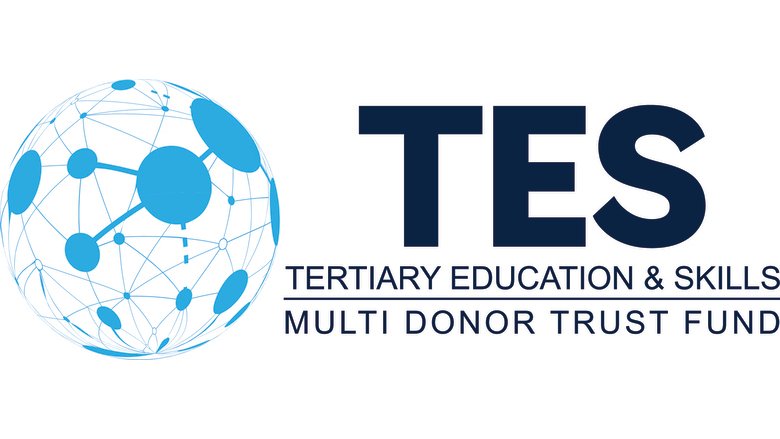TES offers a modular structure, where partners can customize their interventions by selecting pillars, components, and themes according to their priorities.

TES supports activities under three main pillars:
- WORKFORCE DEVELOPMENT including informal/nonformal Technical and Vocational Education and Training (TVET), skills training through youth employment and active labor market and entrepreneurship programs, and on-the-job and enterprise training.
- YOUTH AND ADULT LEARNING including literacy programs, provision of digital skills, remedial education, and adult education programs.
- HIGHER EDUCATION encompassing university, technical and technological programs, and certificates.
TES supported activities fall under two components:
- GLOBAL PUBLIC GOODS to develop diagnostic tools and analytical work that help address gaps and reform opportunities of TES systems and institutions, particularly in low- and middle-income countries.
- COUNTRY SUPPORT to design, pilot, implement, and evaluate TES policies and programs with solid country ownership.
TES supported activities will be guided by five cross-cutting themes:
- Advancing 21st Century Skills and Employability
- Promoting Research, Innovation, and Adaptation
- Prioritizing Equity, Inclusion, and Climate
- Ensuring Strong Institutions and Management
- Leveraging Transformative Education Technologies (EdTech)
